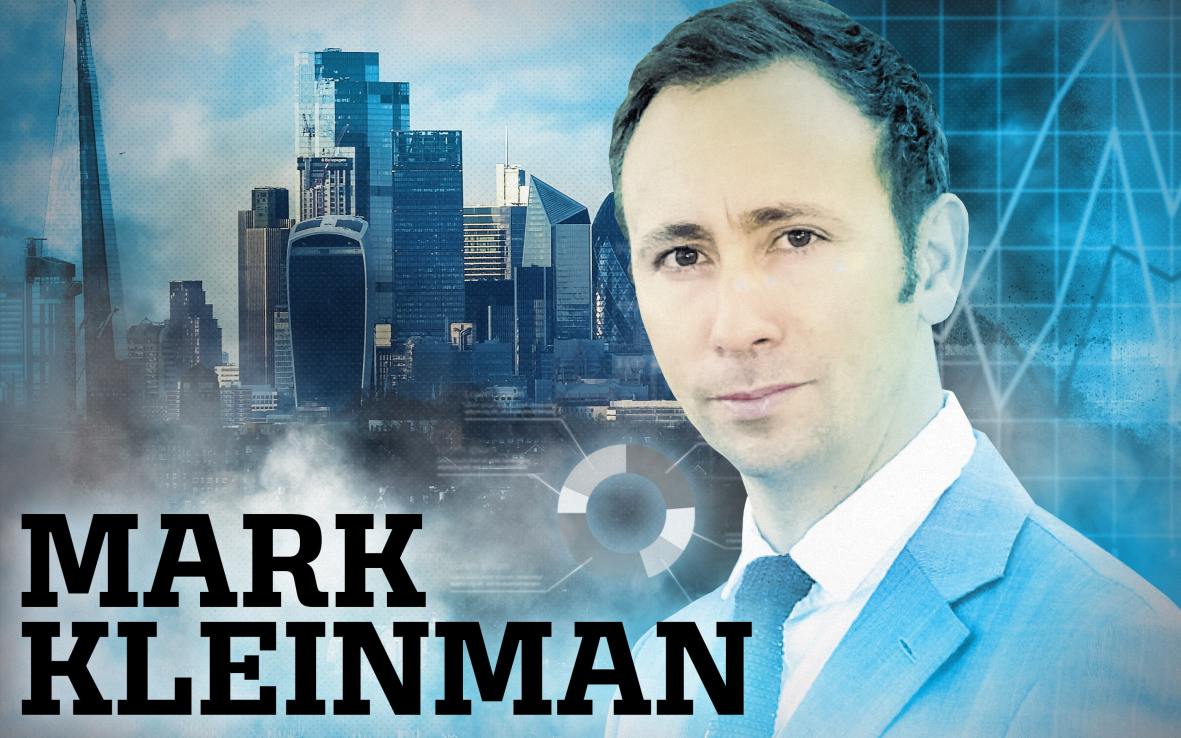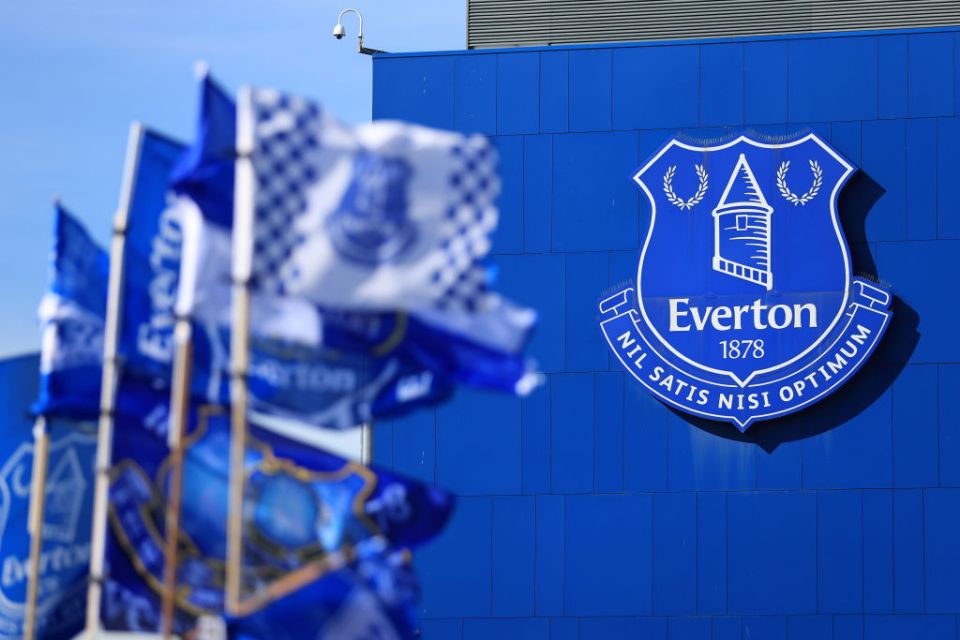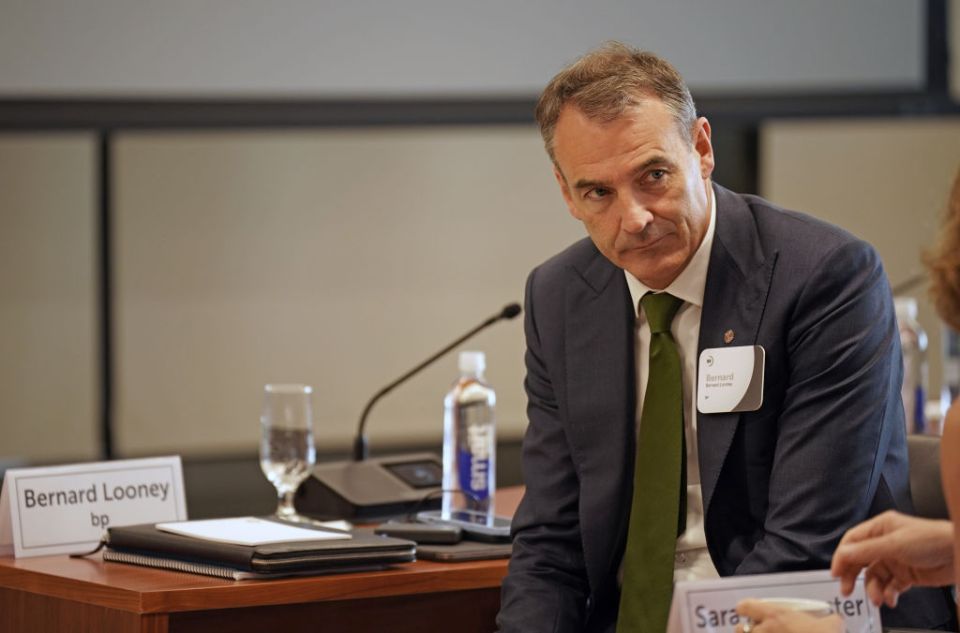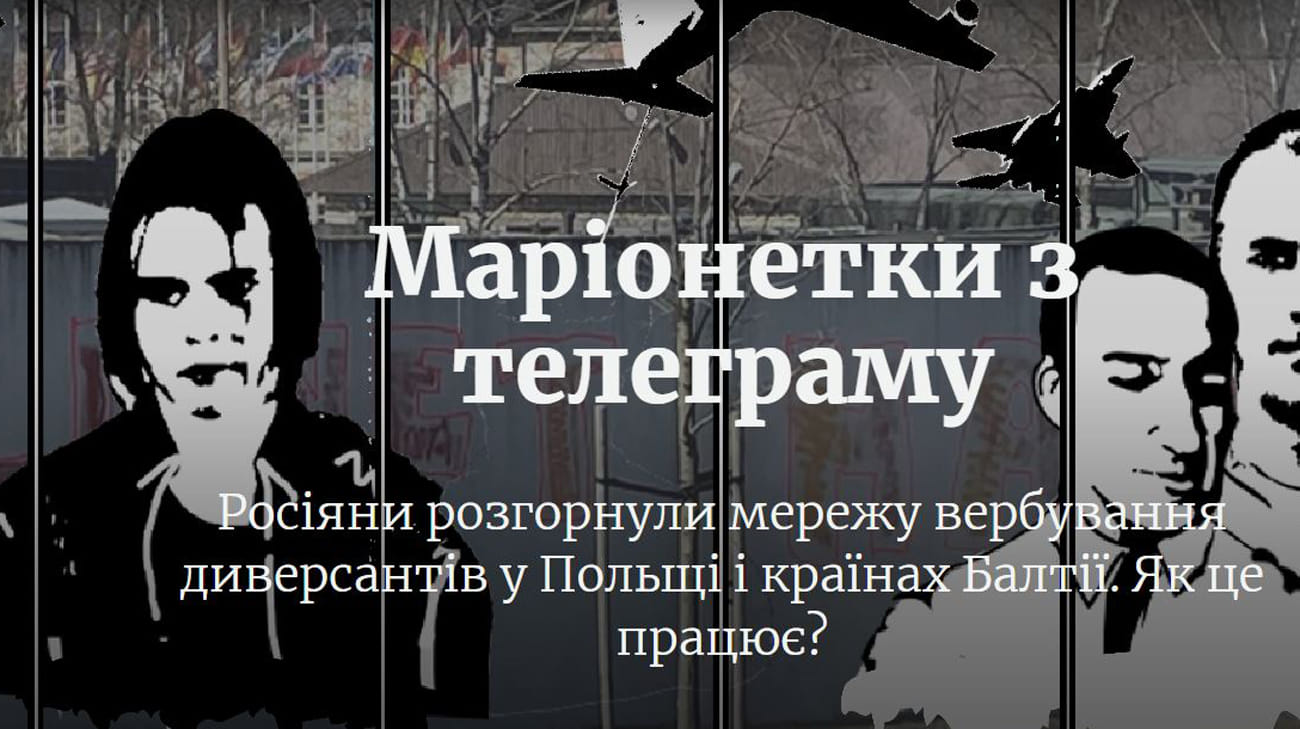Mark Kleinman: 777 bid for Premier League side Everton should dial 999 for help
Mark Kleinman is Sky News’ City Editor and is the man who gets the City talking in his weekly City A.M. column. This week he tackles the Everton's takeover bid, CVC's float hopes and ex-BP boss Bernard Looney's next destination.


Mark Kleinman is Sky News’ City Editor and is the man who gets the City talking in his weekly City A.M. column. This week he tackles the Everton’s takeover bid, CVC’s float hopes and ex-BP boss Bernard Looney‘s next destination.
Talk about a no-win situation. 777 Partners’ bid to take control of Everton Football Club has become even more convoluted than one of the Toffees’ annual relegation fights.
The latter, at least, was boosted by a victory over doomed Burnley last weekend. Everton fans should not, though, feel optimistic about their club’s future ownership.
777’s long-running takeover of the club has rarely looked less plausible than it does today. The Premier League has told the would-be buyer, which is experiencing challenges at its reinsurance arm, that it won’t stand in the way of the deal, while also imposing an unprecedented series of conditions precedent.

These include the refinancing of a £159m loan from MSP Capital, alongside George Downing and Andy Bell (the AJ Bell founder), which I revealed yesterday 777 has now sought an extension to ahead of next Monday’s deadline.
Another of the conditions is a requirement for 777 to deposit £60m into an escrow account at the time of the deal’s completion, with the funding reserved for the use of the club.
It must also agree to convert the roughly £180m of loans it has already made to Everton into equity, and continue financing the construction of the club’s new stadium at Bramley-Moore Dock.
777 has now approached a wide range of potential lenders as it scrambles to secure funding for the deal, including Blue Owl Capital, a prominent provider of private credit, which was said to have held further discussions as recently as yesterday.
This all adds up to a horrible conundrum for the top flight’s administrators. Having already made themselves persona non grata at Goodison Park with an initial ten-point deduction for breaching profit and sustainability rules – subsequently reduced to six – and a further two-point penalty this week, the Premier League would have been accused by Everton fans of waging a vendetta if the 777 deal had been blocked outright.
Approving a debt-laden buyer which propels the club into administration just months later is a scarcely more palatable alternative, though.
The conditionality attached to the takeover looks to be just about the smartest hand the Premier League could have played. I suspect, though, that there will be signs of relief at its London HQ when an independent football regulator becomes the arbiter of such fraught ownership decisions.
CVC hopes float is a case of third time lucky
Call it a litmus test. At some point in the coming month – possibly as soon as late next week – the private equity behemoth CVC Capital Partners should launch its latest attempt to sell shares to the public. Its IPO narrative has a lot going for it: CVC, which owns stakes in Six Nations Rugby and Runescape-maker Jagex, sits firmly among the global elite of the buyout industry, has ambitious diversification and expansion plans that would significantly enhance its profitability, and stands to gain from long-term headwinds bolstering other private equity and private credit managers.
To say, though, that CVC executives are jittery about getting it right would be an understatement. Its two previous efforts to float in Amsterdam (it should be a source of regret to the UK that the float is not slated to take place in London, where CVC’s head office is) have been aborted: the first, through no fault of its own, because of Russia’s invasion of Ukraine; the second, last November, because of unfavourable market conditions.
It can’t afford to pull the float for a third time, and the Vix index which tracks stock options volatility ticked up last week to the degree that it risks exacerbating those jitters among CVC and its advisers.
CVC, its limited partners (or fund investors) and the bosses of its portfolio companies will be praying that its bid to go public turns out to be a case of third time lucky. An adverse outcome would be acutely damaging for an investor for which using the capital markets is an essential element of its business model. A pragmatic and conservative approach to pricing its stock seems like the most sensible option to ensure that pride doesn’t come before a fall.
Looney tunes out of BP but is Abu Dhabi his destination?
What news of Bernard Looney, the erstwhile chief executive of BP, who was defenestrated after misleading its board over his relationships with colleagues?
At 54, and having had close to £30m clawed back or cancelled from various pay schemes as a consequence of his misconduct, retirement is an unlikely option. Nor, however, is another role at the helm of a publicly traded oil major a probable path – one former director of BP argues it would now be impossible for listed boards to take a gamble on him given the circumstances of his departure.

A much likelier route for Looney is a role at the helm of a private equity-backed energy venture (there are plenty of them) or at one of the world’s myriad state-owned oil companies.
Indeed, I hear that Looney has held talks with ADNOC, the Abu Dhabi national oil corporation, about a senior advisor role. A friend of the former BP chief acknowledges that he has spoken to ADNOC, along with “hundreds of people” about potential opportunities.
He insists, however, that no job is likely to arise from the discussions. Let’s see, then, where Looney emerges next.



